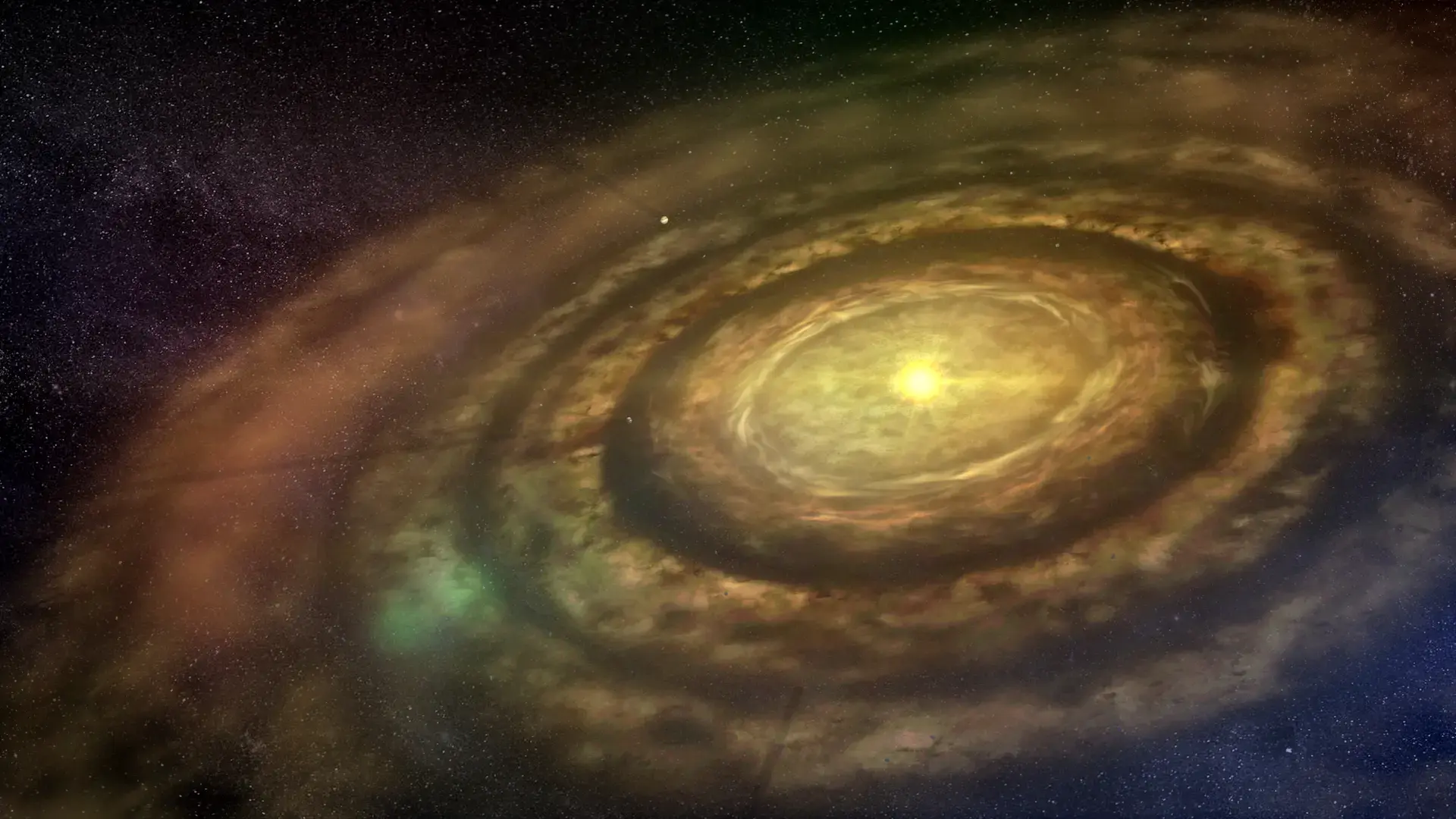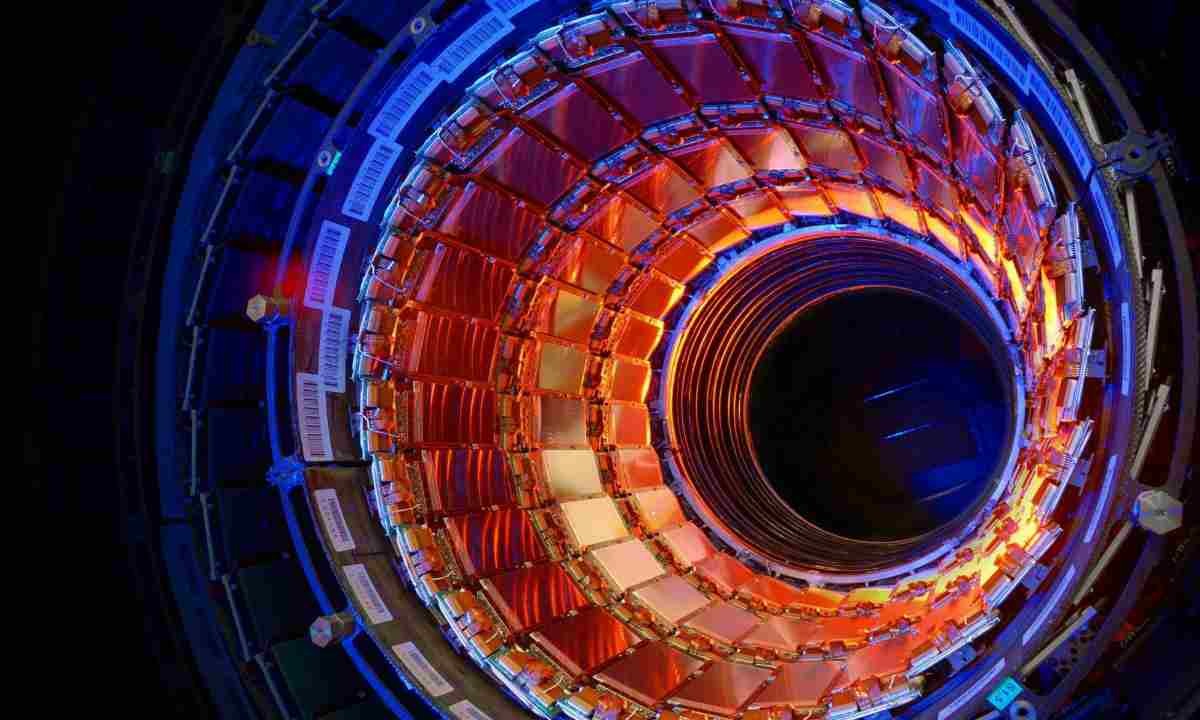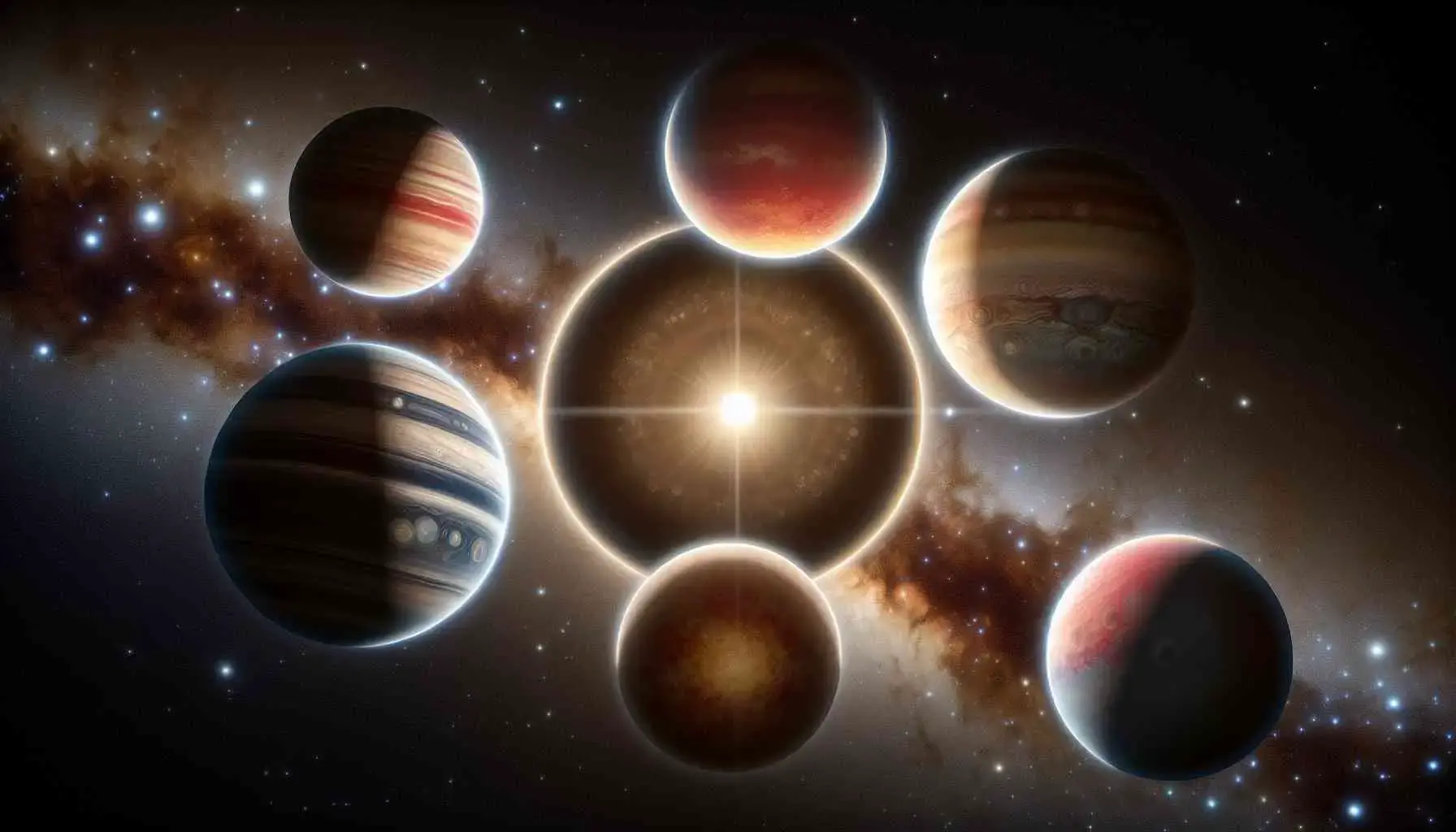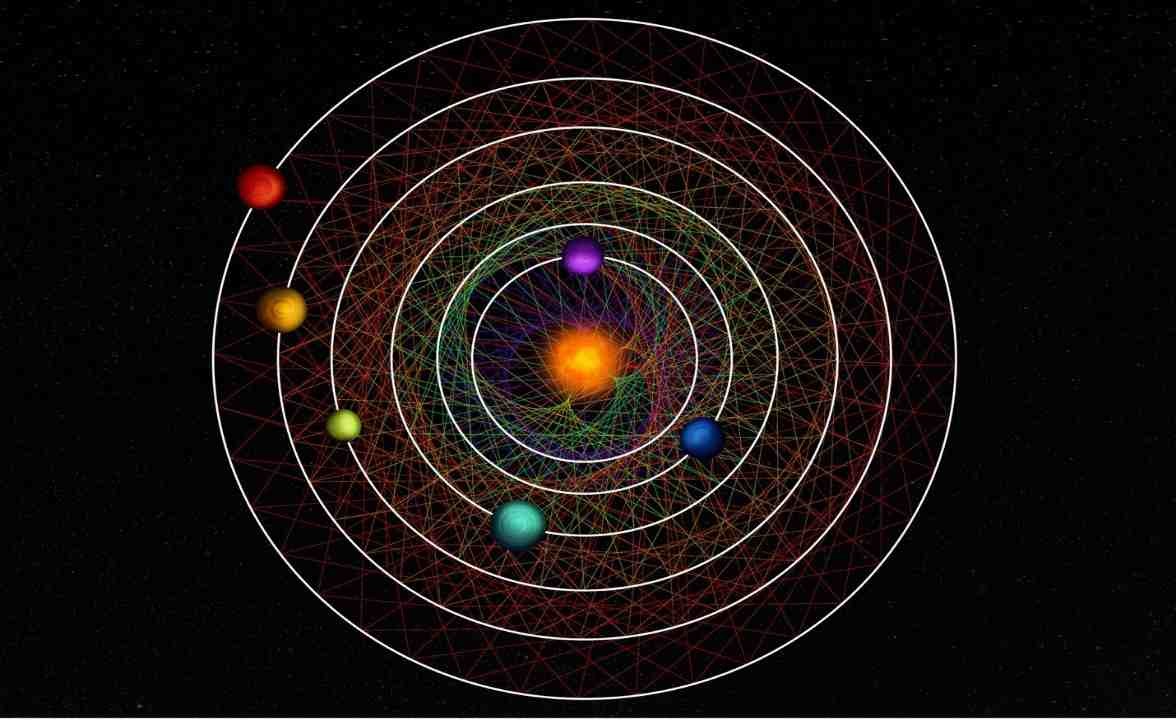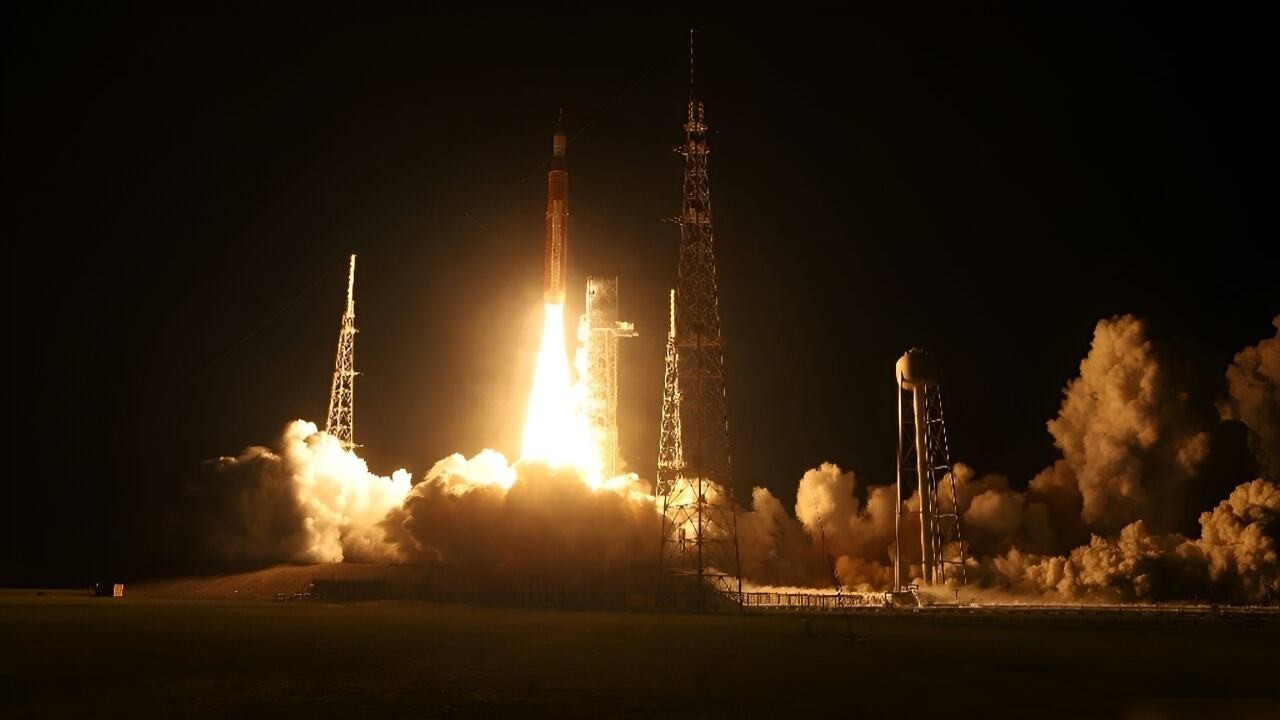Astronomy is the study of celestial objects such as stars, planets, galaxies, and other phenomena outside of Earth’s atmosphere. It is one of the oldest natural sciences that humans have pursued, dating back to ancient civilizations. Astronomy has played a significant role in shaping our understanding of the universe, and it continues to fascinate and inspire us today.
The History of Astronomy
The history of astronomy dates back to prehistoric times, with early civilizations like the Babylonians, Egyptians, and Greeks observing the stars and planets. These ancient civilizations used the stars to navigate and to keep track of time, leading to the development of calendars. Early astronomers also made significant discoveries, such as the identification of constellations and the recognition of recurring astronomical events such as eclipses.
In the Middle Ages, astronomy was further developed in Islamic countries, with scholars making important contributions to the field, including the development of astrolabes and astronomical tables. The Renaissance saw a renewed interest in astronomy in Europe, with the development of the telescope and the discovery of new planets.
Key Concepts in Astronomy
Astronomy encompᴀsses a wide range of concepts and topics. Here are some key concepts in astronomy:
The Solar System
The solar system is a collection of planets, moons, asteroids, and other objects that orbit around the sun. The eight planets in our solar system include Mercury, Venus, Earth, Mars, Jupiter, Saturn, Uranus, and Neptune.
Stars
Stars are celestial bodies that produce light and heat through nuclear reactions. They come in a wide range of sizes and colors, from red dwarfs to blue giants.
Galaxies
Galaxies are large collections of stars, gas, and dust that are held together by gravity. The Milky Way is the galaxy in which our solar system resides.
Black Holes
Black holes are extremely dense objects with gravitational fields so strong that nothing, not even light, can escape them.
Dark Matter and Dark Energy
Dark matter and dark energy are hypothetical forms of matter and energy that cannot be directly observed, but are thought to exist based on their gravitational effects.
Careers in Astronomy
Astronomy offers a wide range of career opportunities for those with a pᴀssion for space and the universe. Some careers in astronomy include:
Astronomer
Astronomers study celestial objects and phenomena and use telescopes and other equipment to collect and analyze data.
Astrophysicist
Astrophysicists study the physical properties of celestial objects and phenomena, such as the behavior of matter under extreme conditions.
Planetary Scientist
Planetary scientists study planets, moons, asteroids, and other objects in our solar system and beyond.
Science Writer
Science writers communicate scientific information to the public through articles, books, and other media.
The Future of Astronomy
Astronomy is a constantly evolving field, with new discoveries and technologies emerging all the time. Some areas of current research include:
Exoplanets
Exoplanets are planets that orbit stars outside of our solar system. Studying exoplanets can help us learn more about the formation and evolution of planetary systems.
Gravitational Waves
Gravitational waves are ripples in space-time that are produced by the acceleration of mᴀssive objects. Studying gravitational waves can help us learn more about the properties of black holes and other celestial objects.
Dark Matter and Dark Energy
Studying dark matter and dark energy can help us better understand the structure and evolution of the universe.
Conclusion
Astronomy is a fascinating and constantly evolving field that offers us insights into the universe and our place within it. From the earliest civilizations to modern-day scientists, humans have been captivated by the wonders of the cosmos. As we continue to explore the universe, new discoveries and technologies will undoubtedly emerge, leading to even more breakthroughs in our understanding of the cosmos. Whether you’re an astronomer, astrophysicist, planetary scientist, or science writer, there are countless opportunities to contribute to this exciting field.
While astronomy may seem like a subject that is only accessible to a select few, it is actually a field that is open to everyone. With the growing popularity of citizen science initiatives and online resources, anyone can participate in astronomy research and exploration.
So whether you’re gazing up at the stars with a telescope or poring over data from the latest space mission, astronomy is a field that is full of wonder and discovery. It offers us a glimpse into the vast and mysterious universe that surrounds us and reminds us of just how small and interconnected we truly are.
FAQs
- What is the difference between astronomy and astrology?
- Astronomy is the scientific study of celestial objects and phenomena, while astrology is a belief system that claims to interpret the influence of the stars and planets on human affairs.
- How do astronomers study objects that are billions of light-years away?
- Astronomers use telescopes and other instruments to collect data from distant objects, which can then be analyzed to learn more about their properties and behavior.
- What is the difference between a planet and a star?
- A planet is a celestial object that orbits a star, while a star is a celestial object that produces its own light and heat through nuclear reactions.
- Can anyone become an astronomer?
- Yes, anyone with an interest in astronomy can pursue a career in the field, although a strong background in math and science is usually required.
- What are some of the biggest unanswered questions in astronomy?
- Some of the biggest unanswered questions in astronomy include the nature of dark matter and dark energy, the origins of the universe, and the possibility of life on other planets.

